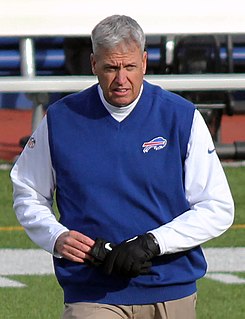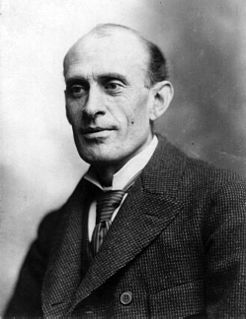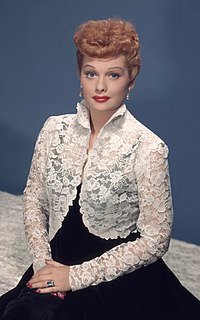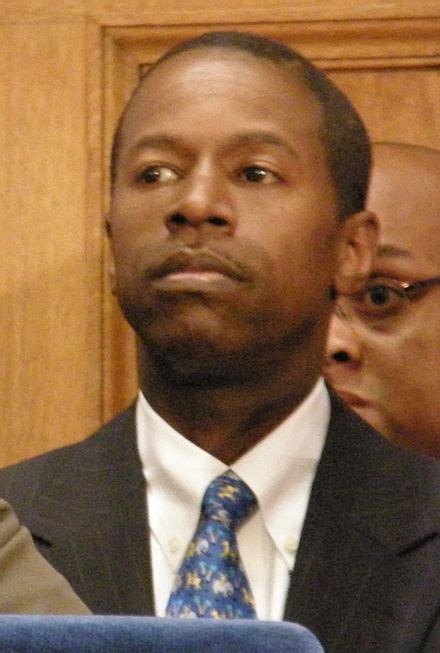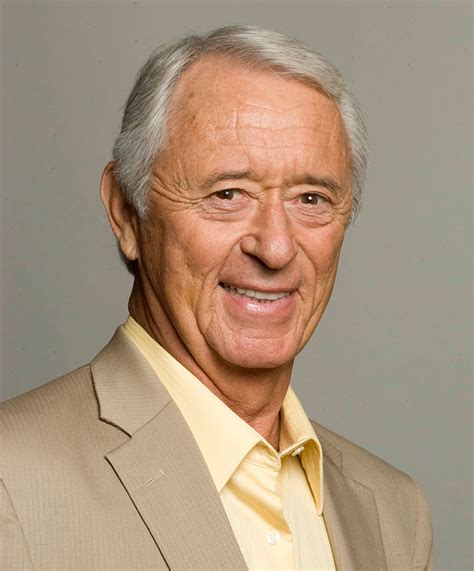A Quote by Stephen Vincent Benet
As for what you're calling hard luck - well, we made New England out of it. That and codfish.
Related Quotes
I think we have to find somebody out there to beat New England besides us, and I think that would help. Anybody out there that wants to sign up for it? Are you good enough as a team to beat the New England Patriots? Forget about us, are you good enough to go out and beat the New England Patriots? I'm challenging the league.
It is a pity to make a mystery out of what should most easily be understood. There is nothing occult about the thought that all things maybe made well or made ill. A work of art is a well-made thing - that is all. It may be a well-made statue of a well-made chair or a well-made book. Art is not a special sauce applied to ordinary cooking; it is the cooking itself that is good. Most simply and generally, Art may be thought of as "The Well Doing of What Needs Doing."
I reverently believe that the Maker who made us all makes everything in New England but the weather. I don't know who makes that, but I think it must be raw apprentices in the weather clerk's factory who experiment and learn how, in New England, for board and clothes, and then are promoted to make weather for countries that require a good article, and will take their custom elsewhere if they don't get it...
As I started reading about it, I saw that at the beginning of the 19th century, outside of New England - which was an unusually literate place - practically no one could read or write. And even in New England, the overall rate was only about 60 percent. That still means four out of 10 people couldn't put their name to a will.




